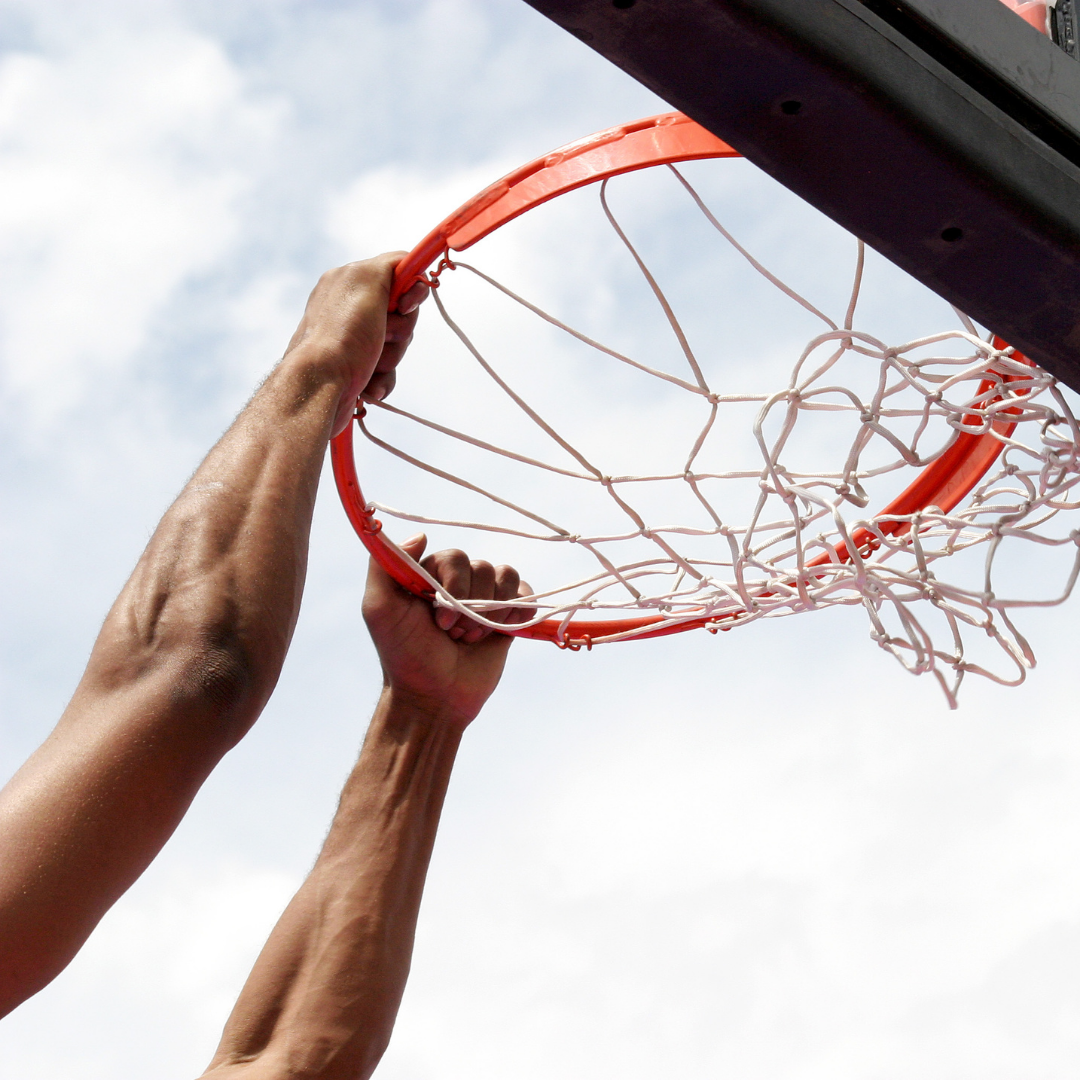Boston Celtics guard Marcus Smart reportedly underwent surgery the other day to repair a torn ligament in his right thumb, an injury that occurred as the result of a dive to the floor against the Indiana Pacers on March 11. He was able to finish the game with his thumb taped, but after further evaluation later in the week, he elected for surgery.
Smart doesn’t get originality points for his injury: Tearing the ulnar collateral ligament in the right thumb, as Smart did, is fairly common.
The joint affected by this ligament injury is the metacarpophalangeal (MCP) joint. When the thumb is straight, the ligaments stabilize the joint against any force that pulls the thumb away from the hand. Unfortunately, too strong of a force can result in the tearing of the ligament. Not only does this type of tear cause pain and bruising, but instability at the MCP joint can be severe. Furthermore, the thumb itself becomes weak when trying to pinch or grasp an object.
Diagnosis involves a thorough physical exam and imaging studies including X-rays and MRIs. Partially torn ligaments may heal without surgery. In this scenario, the thumb is immobilized for four to six weeks in a thumb spica cast, after which the athlete undergoes physical therapy exercises to regain range of motion and grip strength.
When the ligaments are completely torn, surgery is necessary. The results are typically very good, but it does involve a lengthy recovery process. The ligament is sutured back to the bone from which it tore, and then the thumb is immobilized for about four to six weeks.
One benefit for Smart is that while the thumb is recovering, he can still participate in conditioning drills, which will help speed up his return.
The Celtics are hopeful for Smart’s return for the playoffs, but given that the playoffs begin in mid-April, it is unlikely he will be available for the first or even second round.



